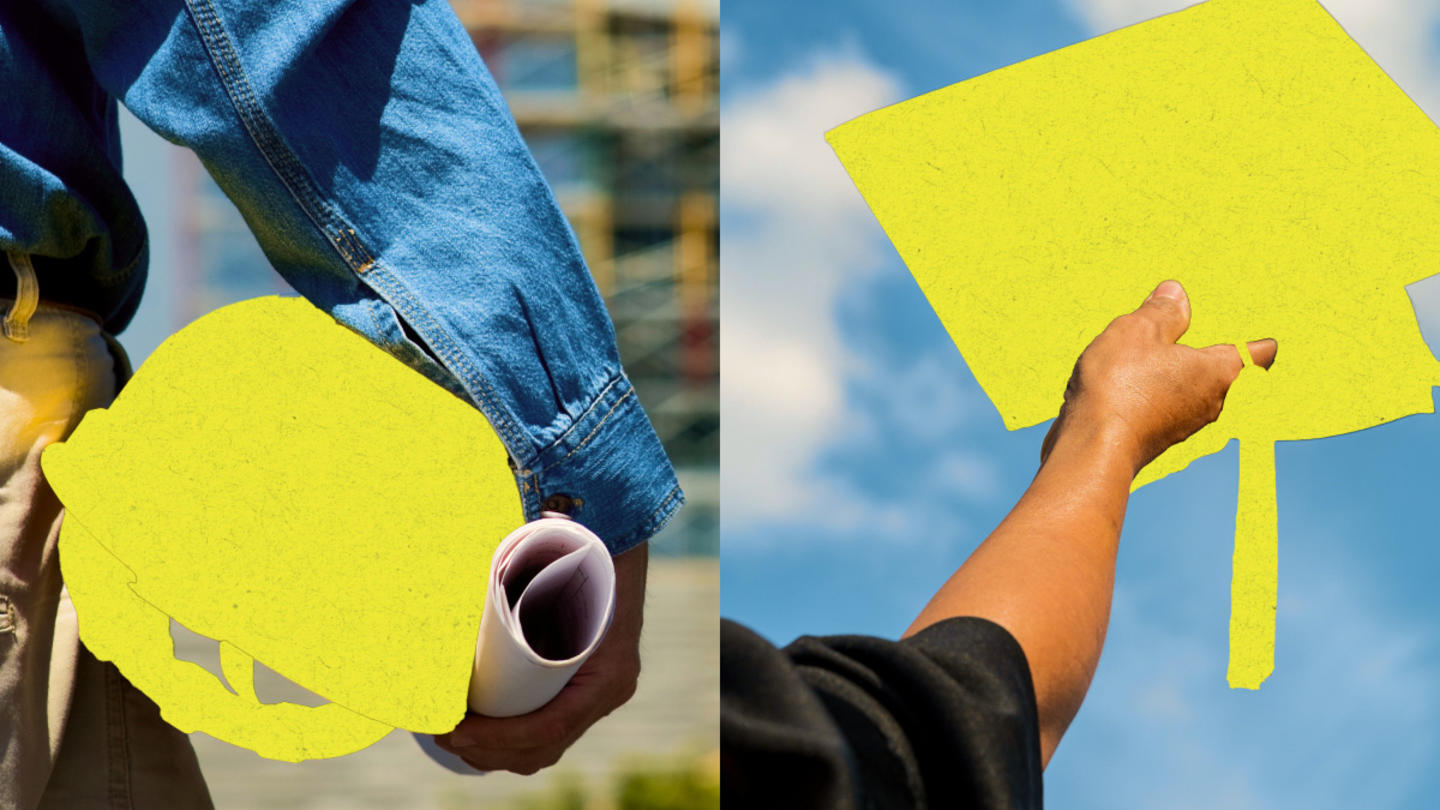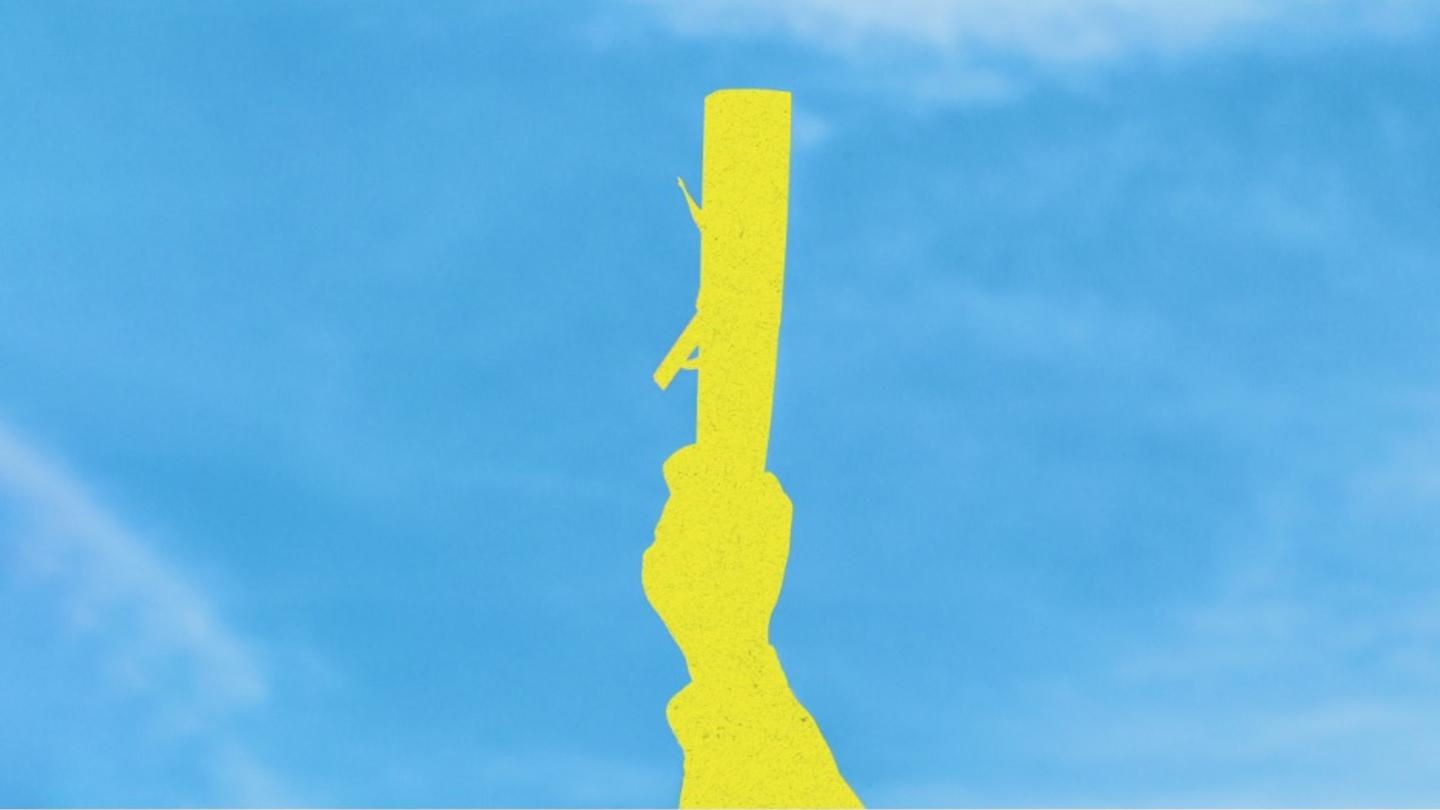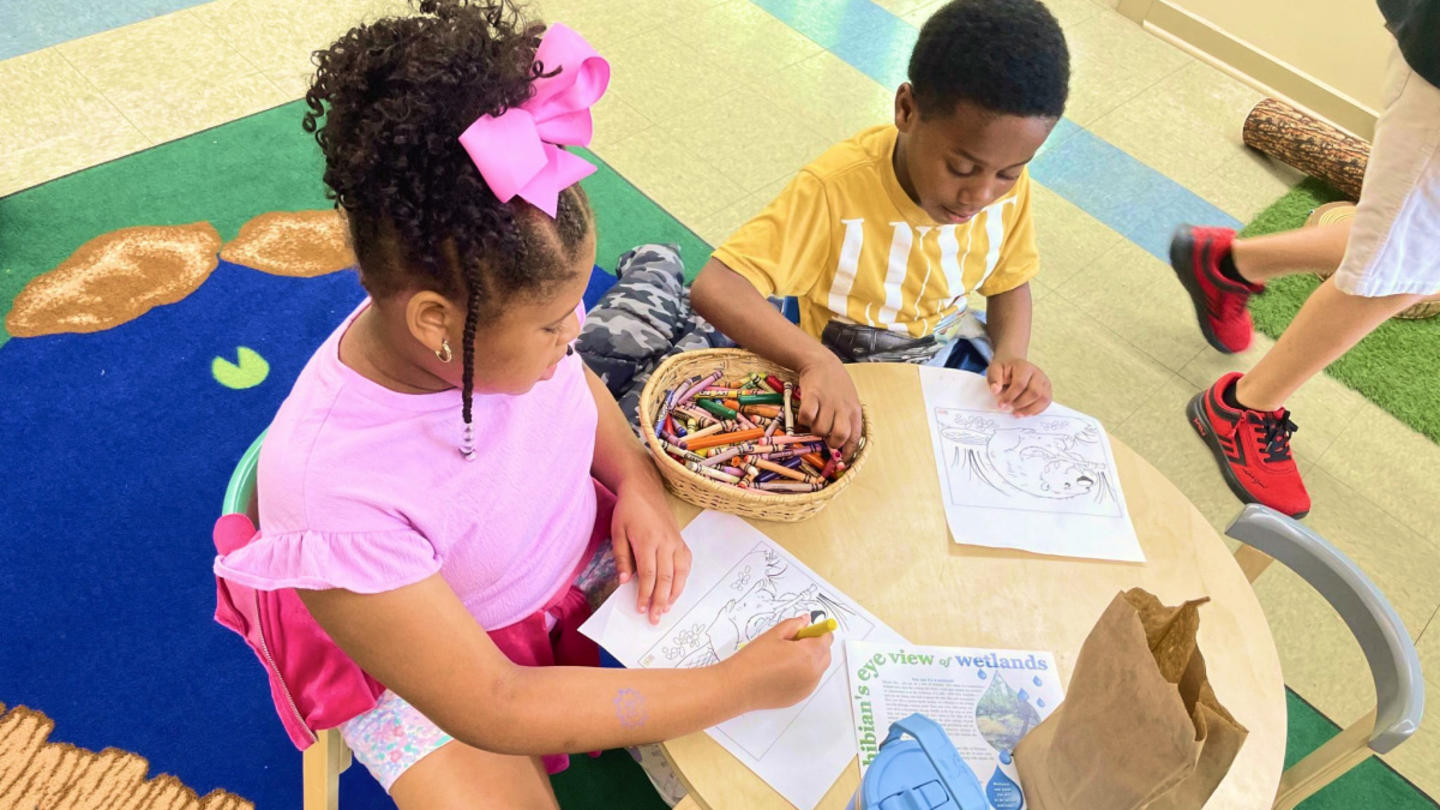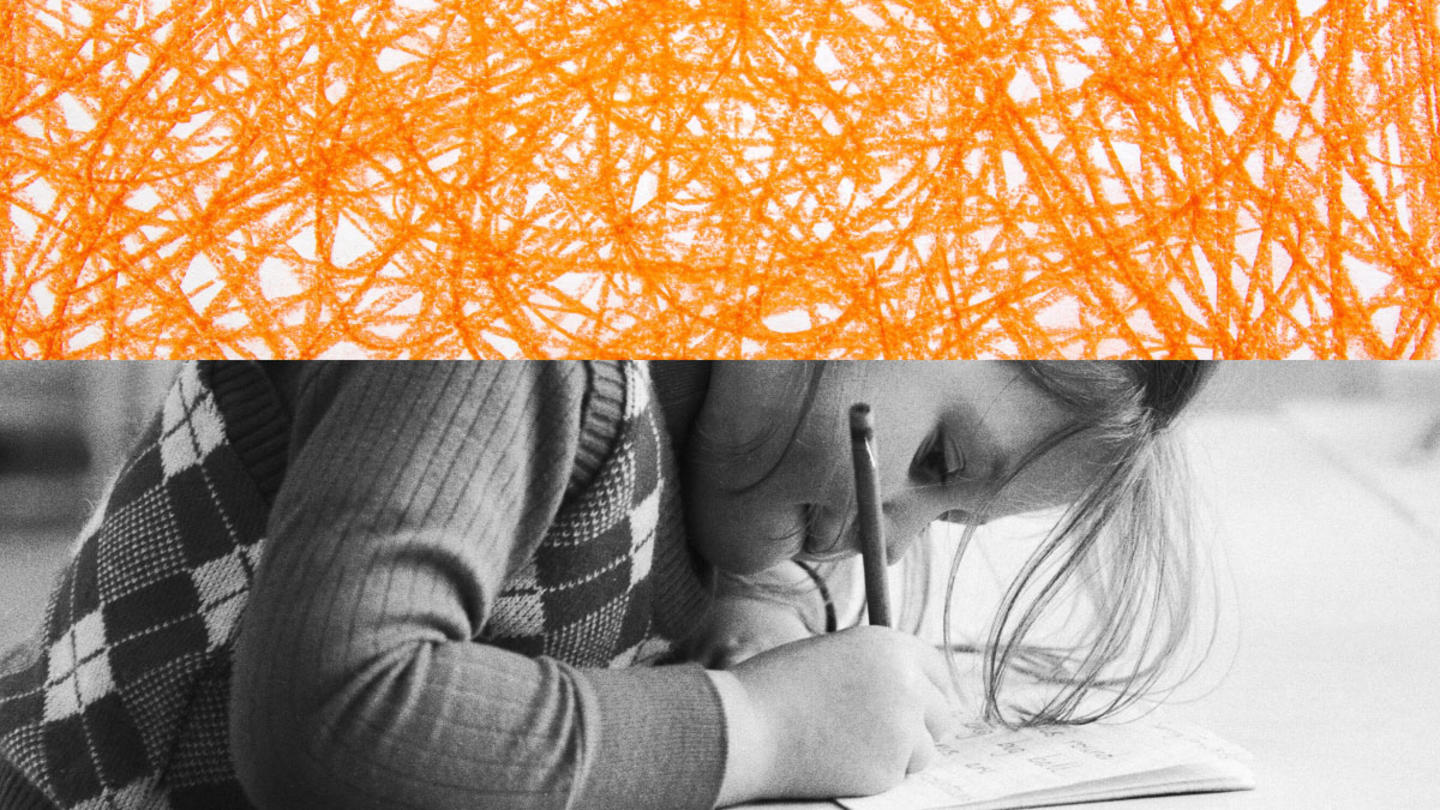When Kareena first stumbled on Schoolhouse.world in August 2020, she was a quiet student at the University of Illinois at Chicago, but wanted a place to use her voice.
Studying for a teaching degree, she was looking for an opportunity to tutor in a setting that was more intimate and less intimidating than the traditional classroom, in which she would be required to command many students at once in person.
Unlike other online tutoring options where tutors are poised as experts in a different life stage from their learners, Schoolhouse is powered by peer-to-peer tutoring. This gives just as much of a voice to those receiving the lessons as those doing the teaching. Still, Kareena was nervous.
"I just thought about how to find my self-confidence and know that I'm capable of being a great tutor, and friend to others," she says. "I did mock sessions to prepare myself; I would even go as far as schedule texts so I could edit them if needed."
As she engaged in more sessions as a tutor, however, she "realized how much she had to give," says Mariah Olson, co-founder and head of community at Schoolhouse. "You could just see her confidence growing."
Schoolhouse.world is a free online tutoring platform that promotes peer-to-peer tutoring across a variety of subjects. It aims to create a community of learners supporting each other, in which all are equals.
Kareena collaborated with other Schoolhouse tutors, banding together to develop as educators and form "a support system." Today, she's a full-time teacher.
"It's been awesome to see how much of a voice she's developed," Olson says. "I think she attributes a lot of that to her experience at Schoolhouse and being able to have this safe space to tutor in."
Schoolhouse.world evens the playing field
Schoolhouse is a platform for free, peer-to-peer tutoring. Anyone, anywhere can receive live help, build their skills, and pay it forward by becoming a tutor themselves.
"Peer-to-peer" is the innovation. Rather than a traditional dynamic where students are powerless and teachers have complete control, Schoolhouse creates a learning community. There is no hierarchy and students have autonomy and authority. Every session on Schoolhouse is opt-in — learners choose lessons that they feel they need assistance in, and are never mandated to join any — and driven by the learners themselves.
"Schoolhouse's goal is to explore how we can embrace the social aspect of learning in a virtual environment," says Olson. "It's not only to provide support, but also to provide a sense of belonging, meaning, and motivation."
While it's true that in-person classrooms have a social component, Schoolhouse also has a community and many learners are grappling with the same concerns. Students get a sense of support and understanding they may not have had in other learning environments. "Regular" classroom settings can be isolating, Olson says. Schoolhouse creates a space for connection.
Individualization is key to the model. Schoolhouse is intimate and relational-based. Students explore different learning styles and dynamics. "We often think of the learning experience as just listening to a teacher, or having someone who knows everything teach you something," Olson says. "Schoolhouse explores what it looks like to learn from someone who feels relatable to you in a way that a teacher doesn't."
It's all about the personal connection.
"That personal connection piece allows a student who is struggling to stay focused during a session and to all of a sudden realize, 'Okay, I'm with a peer who I really look up to and respect, and it's easier for me to really be present and absorb more of the content,'" says Olson.
Tutors benefit as well. The goal isn't just learning: it's to create a community, and build confidence, for all involved.
Peer tutoring has been shown to have a positive impact on learning, with an average positive effect equivalent to approximately five additional months' progress within one academic year. Studies have identified benefits for both tutors and tutees, and for a wide range of age groups.
Learners are able to access small groups, giving many the confidence to speak up when they might otherwise be intimidated by a traditional classroom setting. They have the opportunity to pursue "mastery level" for a variety of topics, by utilizing the learning methods they prefer and directing their education on their own terms.
As tutors, students can become certified and grow their experience. Tutors have the ability to display mastery of a topic and obtain certifications. Besides technical skills, tutors also develop "softer skills like communication and empathy," Olson says. "Probably the biggest thing we hear from tutors is that they feel way more confident in their ability to express themselves and to communicate with others."
Schoolhouse World is transformational
Schoolhouse reaches learners from over 100+ countries. There are currently over 5,690+ volunteer tutors, and 41,500+ learners — and counting.
But Schoolhouse isn't just benefiting individual learners. Through demonstrating a more inclusive learner-tutor model, it has the potential to transform institutions of education.
Universities are now accepting tutors' Schoolhouse certifications as mastery credentials. Schoolhouse has also managed to get public departments of education to endorse them as an official tutoring platform for their states. Since Schoolhouse is peer-to-peer, rather than the standard licensed teacher to student, this makes it a bold and innovative choice for departments that are traditionally restrictive about licensure and who 'counts' as a teacher. Ultimately, this shows that people can learn from all kinds of places and people.
"Schoolhouse is fundamentally challenging the idea that you can't be a learner and a teacher at the same time, and bringing in this idea that teaching is part of the learning experience," Olson says. "As we normalize that, especially in high schools, we increase the pool of potential tutors and increase access to tutoring."
Schoolhouse has 13 state partnerships across the country. As more public departments of education accept Schoolhouse's mastery credentials, it's opening the door to more widespread adoption.
"We've talked to a lot of college admissions teams who are super interested in trying to understand not just if students did well on a Calculus exam, but also: Did they learn the content deeply enough to teach it to others?" Olson describes. "And is this student the type of person who would want to give back and who's gonna be giving back when they're at our university? Schoolhouse is a really great way to show a college, 'Hey, this student is not just learning for themselves, they're learning for their community and they care about their community.'"
Schoolhouse democratizes not just curriculum, but the community, social connections, mentorship, and other aspects of education as well.
"The more we normalize this notion of teaching being part of the learning process, the more we can build a more equitable experience for high school students," Olson says.
From free online tutoring to advocacy, A.I., and beyond
As Schoolhouse grows, they are also looking to expand reach and accessibility.
Schoolhouse is experimenting with A.I.. This could improve the tutoring experience, to identify what learners have already grasped for diagnostic purposes, to then inform which learners should be in which sessions. It could also affect the tutor training process, by providing reliable and consistent feedback for each of their tutoring sessions. Overall, AI could make tutoring more scalable, by automating these pieces of work and freeing up the time and workload for more tutors to join.
Crucially, though, the goal of A.I. is to "amplify that human connection rather than replacing it," says Olson.
In the coming years, Schoolhouse hopes to scale up to reach hundreds of thousands of students, and eventually millions.
For now, though, "Our biggest hope is that we can just create a really robust and inclusive community where learners can join, feel supported, and get a wide range of different types of support from their peers," Olson says. "Then they can not only build their academic skills, but also build their confidence."
Schoolhouse.world is supported by Stand Together Trust, which provides funding and strategic capabilities to innovators, scholars, and social entrepreneurs to develop new and better ways to tackle America's biggest problems.
Learn more about Stand Together's education efforts.




